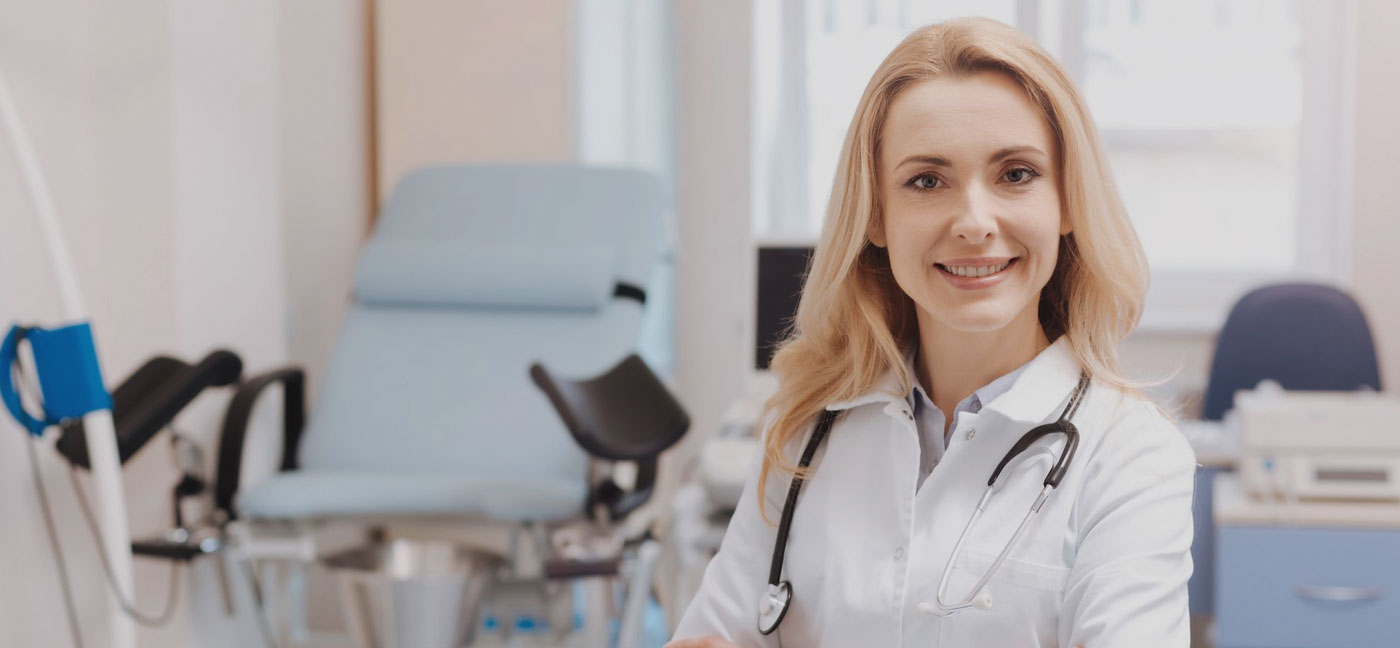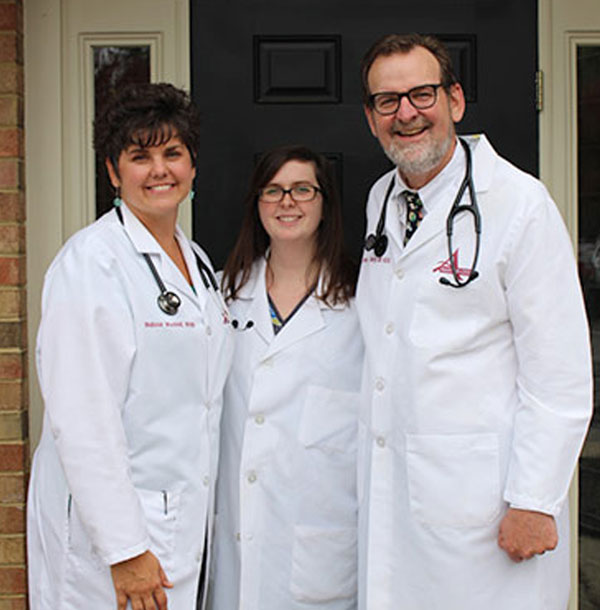Group Beta Strep
What is group B streptococcus (beta strep)?
Group B streptococcus (also called beta strep, or GBS), is a very common type of bacteria that is commonly found in the vagina or rectum. GBS bacteria are different from the type of bacteria that cause strep throat (group A streptococcus). Beta strep is not a sexually transmitted disease.
Healthy adults carrying GBS may not have any symptoms or problems. However, sometimes the bacteria can cause an infection in the uterus, bladder, or kidneys. These infections are usually not serious and can be treated with antibiotics. The bacteria also usually do not cause any problems for babies. However, if a baby does get sick from the bacteria, the baby can develop very serious problems, such as sepsis, pneumonia and meningitis and could possibly die.
How does it occur?
Both women and men may have GBS. These bacteria often live in the mouth, bowel, bladder, vagina, and rectum. Parts of the body where GBS bacteria are living are said to be colonized. Being colonized means you are a carrier of the bacteria. One out of every 4 or 5 pregnant women carries GBS. A baby can come into contact with the bacteria before or during birth. People who carry GBS typically do so temporarily. They do not become lifelong carriers of the bacteria.
How is it diagnosed?
GBS can be found by testing urine or samples from the vagina or rectum. This is done at 35-36 weeks of pregnancy. It may be done earlier if a women experiences preterm labor symptoms. The samples are cultured in a lab. A test result is positive if beta strep bacteria are found in the culture and negative if they are not found.
If a baby gets infected with GBS, it may be detected only after the baby becomes sick, especially if all of the mother’s tests have been negative. Once the baby is sick, it is often difficult to treat the baby effectively. For this reason, many women are treated automatically in labor if they have any risk factors.

How is it treated?
If your tests for beta strep are positive, you will probably not be treated until you are in labor. During labor you will then be given intravenous (IV) antibiotics. If you are treated earlier in the pregnancy, the bacteria could come back again before the baby is born. The one exception is when a urine culture, done at any time during pregnancy, shows that GBS is causing a bladder infection. In this case the doctor will probably prescribe an oral antibiotic right after receiving the test results to treat the bladder infection.
The risk factors of having GBS are:
preterm (labor that begins before 37 weeks of pregnancy)
preterm premature rupture of membranes (water breaking before 37 weeks of pregnancy)
membranes ruptured for longer than 18 hours
a previous child with beta strep infection
fever (higher than 100.4°F, or 38.0°C) during labor.
urinary tract infection with GBS
Treatment with IV antibiotics during labor is usually very effective. Babies rarely develop the serious side effects of early GBS infection with this treatment.
If a newborn develops any signs or symptoms of possible GBS infection, the baby is treated with IV antibiotics and observed very closely. The baby may be placed in a special intensive care unit.

How long will the effects of GBS last?
A woman who has GBS does not usually have any symptoms of illness or long-lasting effects. The main risk is that the newborn will be sick at or after birth. When a newborn is infected with GBS, the infection can affect the blood, brain, spinal cord, or lungs. These infections can be very serious. The baby may have long-term problems that affect hearing, vision, or learning abilities if meningitis develops. The baby might die.
GBS infections can be very dangerous to your baby. For this reason, if you have a positive GBS test or any of the risk factors, you will probably be treated with antibiotics during labor. This greatly reduces the risk to your baby.
